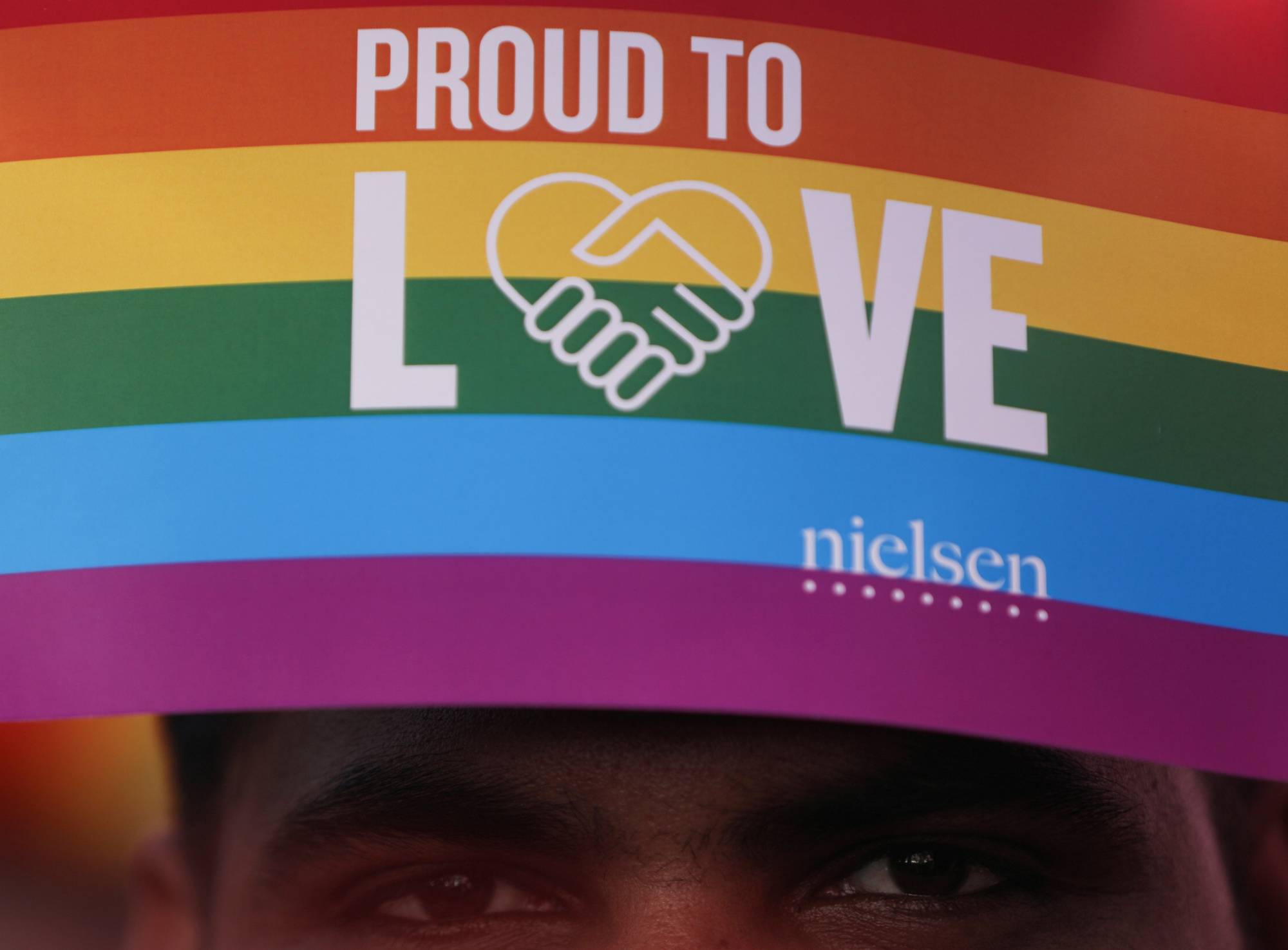Even after the Supreme Court of India’s landmark Indian Penal Code Section 377 judgment in Navtej Singh Johar vs Union Of India (in 2018), the LGBTQIA+ community in India has continued to fight for equal rights. The community continues to fight for same-sex marriage recognition in India.
The two lawyers who were at the forefront of the Navtej judgment, Arundhati Katju and Menaka Guruswamy, revealed one year after the Navtej judgment that they were a same-sex couple, and soon after, launched the “Marriage Project”: an initiative to legalize same-sex marriage in India. As of now, there are multiple public interest litigations (PILs) working their way through various High Courts across the country seeking to recognize this form of marriage under Indian law. And although not much yet has come out of it, the Delhi High Court recently gave the Bharatiya Janata Party-led government in New Delhi one “last opportunity” to respond to these PILs, which have been pending for months now.
Its dismal record on LGBTQIA+ rights means a positive response from the Modi government is unlikely. The government maintained a deafening silence on the Section 377 decision once the verdict was out, and at the time of its hearing, too, deliberately chose not to take a stand. The stance of the BJP’s parent organization, the Rashtriya Swayamsevak Sangh (RSS), on homosexuality, on the other hand, has softened over the years, even if it still doesn’t go far enough.



